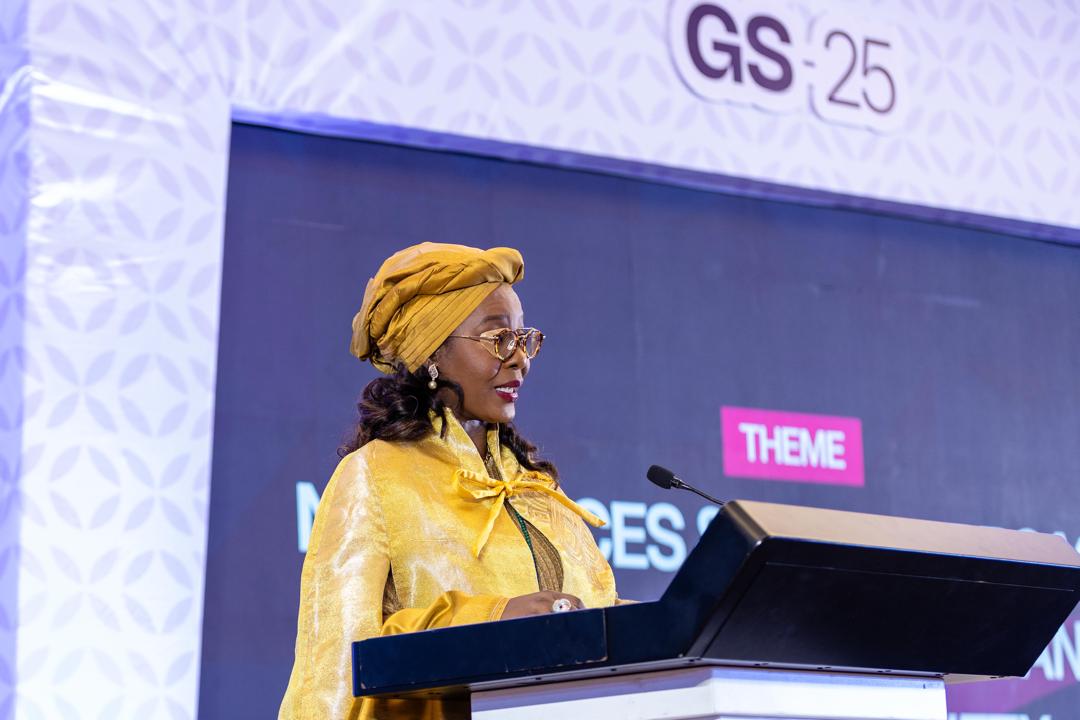By Usman Umar, Abuja
The push for gender equality took centre stage in Abuja this week as Kwara State First Lady, Ambassador Professor Olufolake Abdulrazaq, urged African governments and institutions to adopt “transformative strategies” that go beyond rhetoric to dismantle entrenched barriers in politics, corporate leadership, and economic life.
Speaking on Day 2 of the Gender and Inclusion Summit 2025, organised by the Policy Innovation Centre and the Nigeria Economic Summit Group with support from partners, Abdulrazaq, who also chairs the Nigeria Governors’ Spouses Forum (NGSF), warned that existing interventions are not yet enough to close glaring gender gaps.
“Economic empowerment is not just income, but health, nutrition and equitable access to resources,” she told delegates. “The well-being of women and girls is a pivotal indicator of how well any nation is faring.”
Her remarks came against sobering statistics. In Sub-Saharan Africa, women hold just 27.3 per cent of parliamentary seats, and nearly 95 per cent of the CEOs of Africa’s largest companies are men. Globally, the World Bank estimates that closing the gender gap in labour force participation could raise GDP in some countries by as much as 20 percent.
Abdulrazaq highlighted reforms in her state as examples of what political will can achieve. Kwara recently passed a 35 percent gender inclusion law and approved six months of maternity leave for working mothers. Five out of 24 lawmakers in the state assembly are women, while women occupy half of cabinet positions, an improvement on earlier figures. At the local government level, women serve as vice-chairpersons where men occupy chairmanships.
She noted that governors’ spouses across Nigeria have been quietly reshaping the grassroots landscape — from offering vocational tools, start-up grants, and scholarships, to tackling gender-based violence and keeping school-age girls in classrooms. “Through our offices, First Ladies across Nigeria have demonstrated measurable results in advancing gender equality,” she said, citing community cooperative networks, health interventions, and advocacy for political representation.
Yet challenges remain. Despite progress, millions of Nigerian women remain excluded from formal finance, quality healthcare, and decision-making spaces. According to UN Women, 70 percent of the poorest people in Nigeria are women, and the country still records one of the highest maternal mortality rates in the world.
Abdulrazaq urged partnerships between government, the private sector, and development partners to “break barriers and create enabling environments where women, girls, and youths can thrive as entrepreneurs, workers, and leaders.” She stressed that Nigeria’s development will be judged by how well it integrates the needs of its most vulnerable groups.
Her intervention drew wide applause at the summit, which is rapidly becoming one of the leading platforms on the continent for interrogating systemic inequities and advancing practical solutions.
